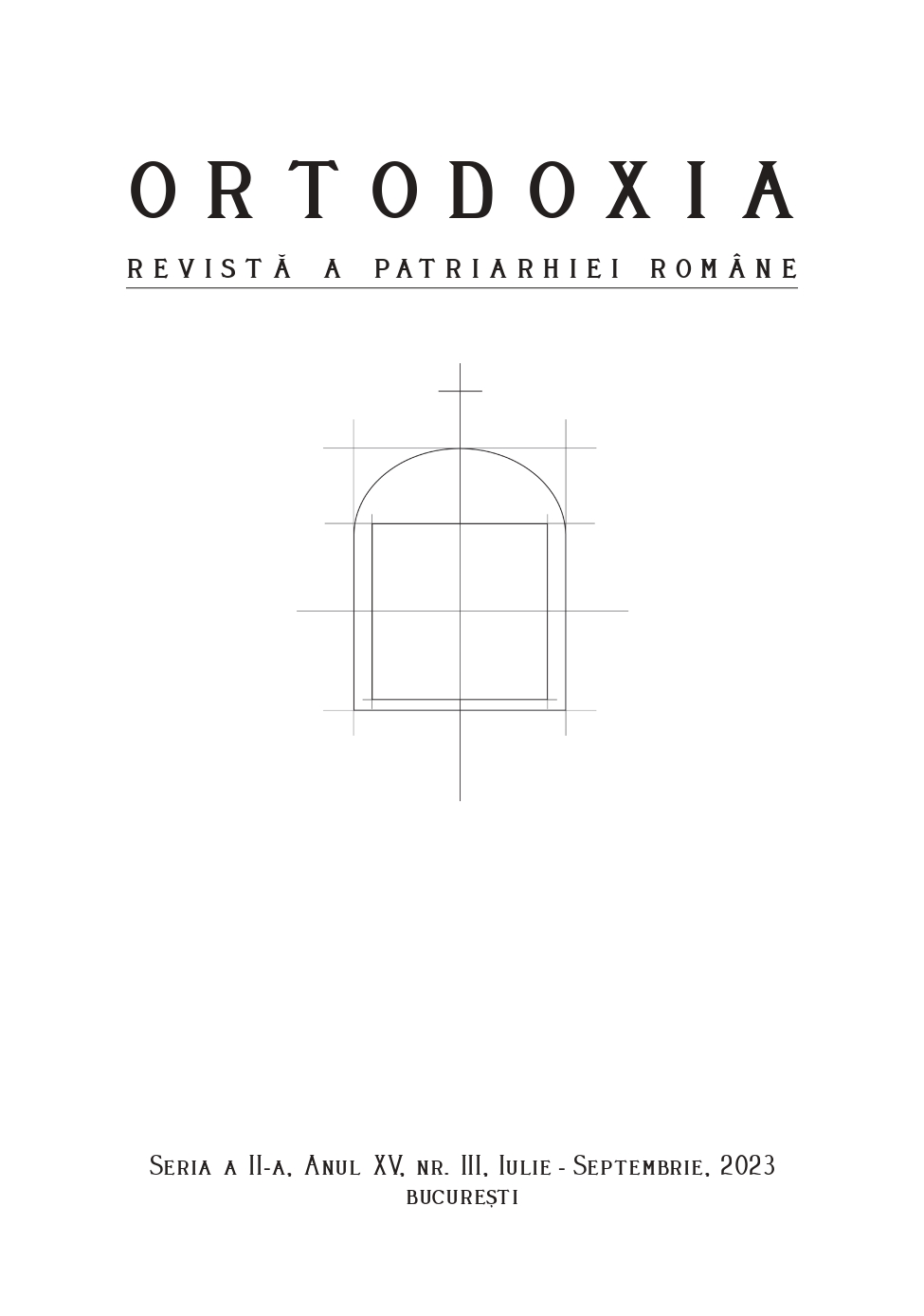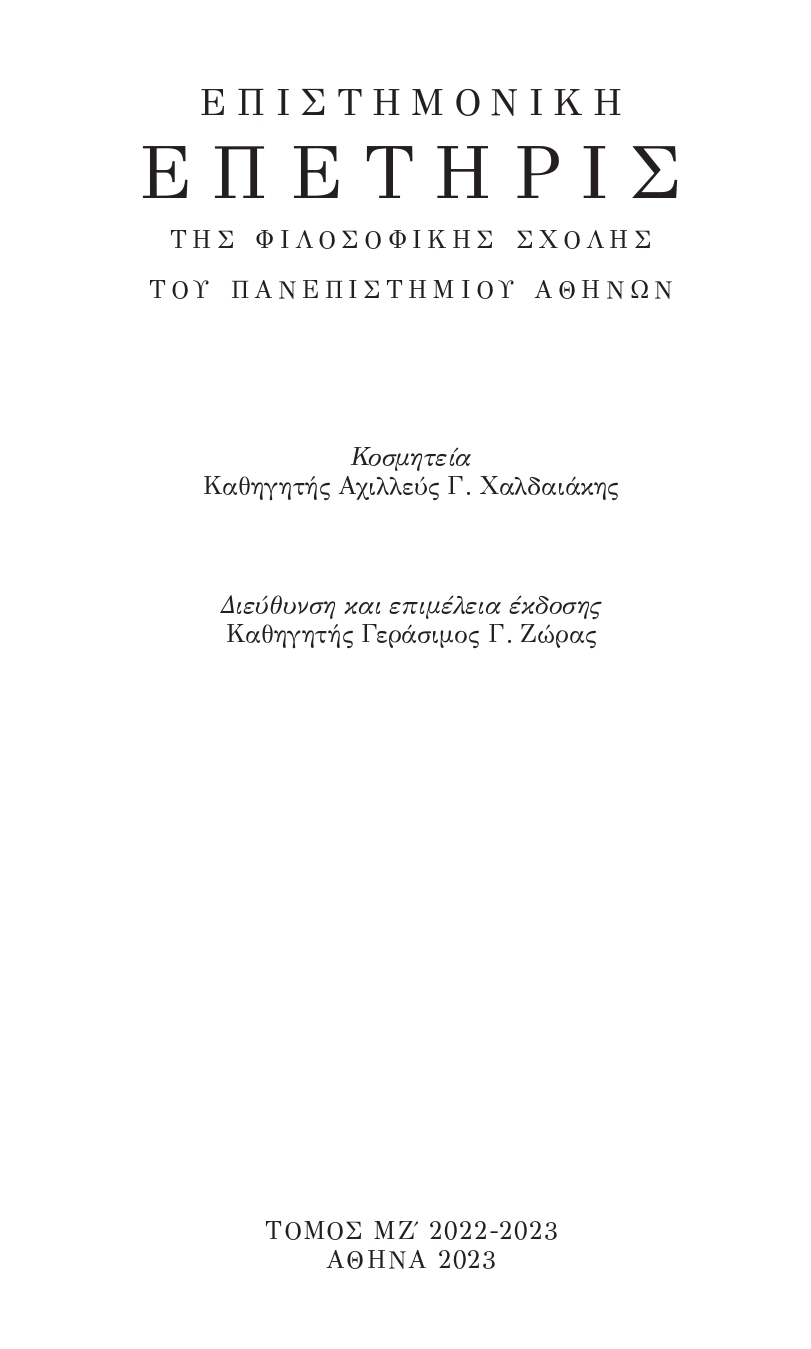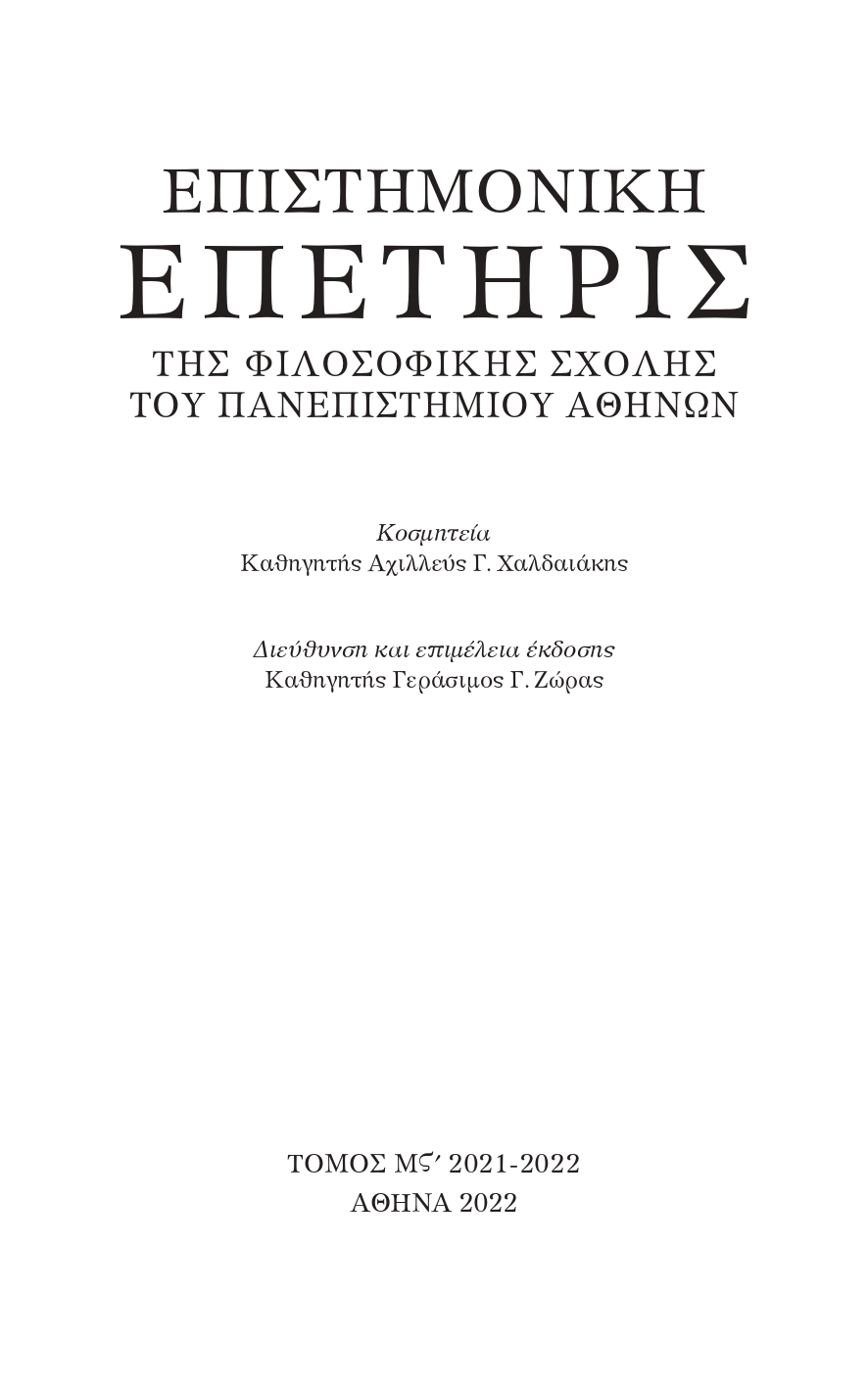While everybody knows what either “Polyphony” or “Monophony” means, the question about the existing of any “purely polyphonic” or “purely monophonic” cultures in the world remains still open.
Byzantine Music has obviously such a “purely monophonic” tradition: it’s the modal and monophonic Greek music which extends over two millennia, from the first century of Christianism’s expansion up to the present day. But, among its “monophonic” tradition one can observe a few theoretical testimonies like the following one, written during the 16th century by a monk born in Zante, Pachomios Rousanos; he wrote in his theoretical treatise that
The establishment of the mode is critical for the procedure of Parallage; Parallage is the counting of the steps and chanting constitutes their quality; therefore the one cannot exist without the other; to be more clear, Parallage is a simultaneous counting and qualitatively chanting procedure.
So, I came to wonder: is there any “Polyphony” hidden into Byzantine “Monophony”? In the present paper I shall try to investigate answers to such an innovative question…



